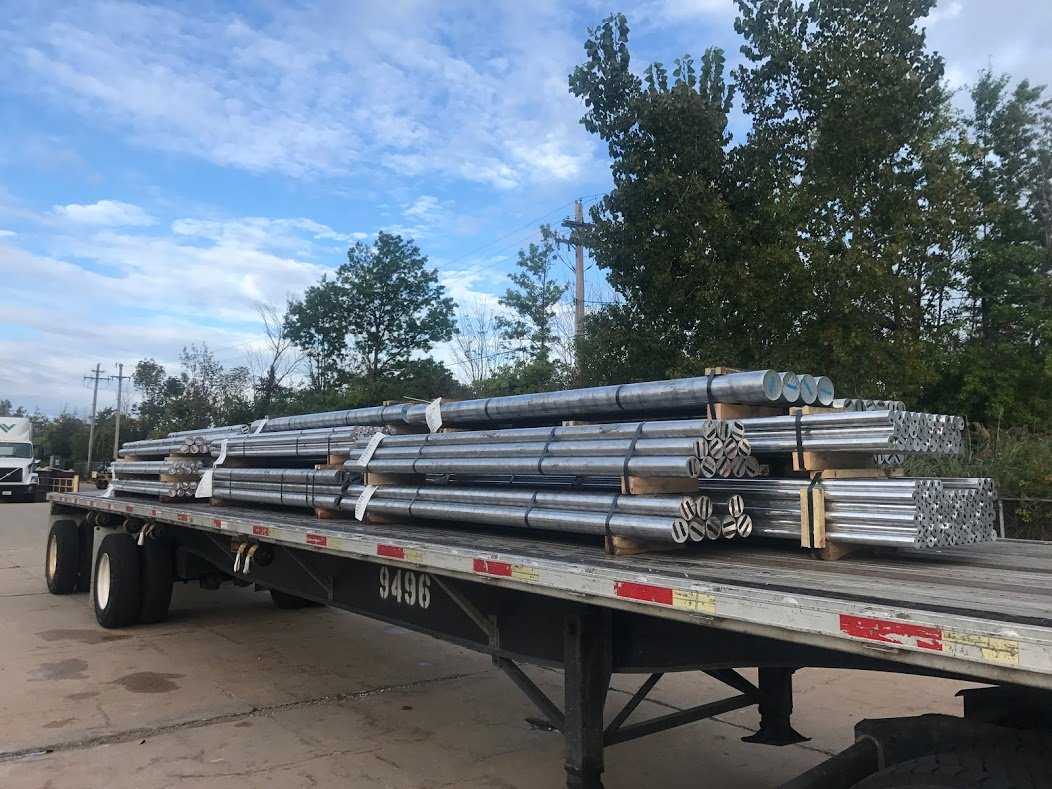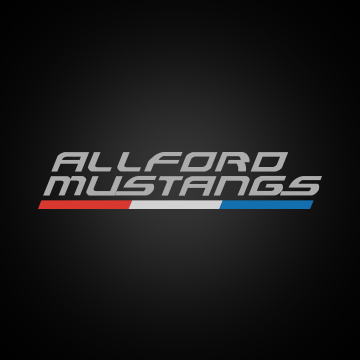Mahle uses 4032 alloy in an awful lot of their OEM offerings for major manufacturers. When cold, hypers do fit tighter than forged pistons, but the design of modern skirts ameliorates any significant issues with piston slap. Once warm, they should be at the same clearances anyway. There's no issue with wear. The heavy TRW forged pistons used in stock 5.0 HO engines never had problems, and neither do modern high-quality forged units.
The ones I got were about 50 grams lighter than the best hypereutectic pistons I could find, and they were only $100 more in price for the set. Now prices have gone up a lot since then, but I bet the percentage of cost hasn't.
Lighter pistons and crank will not give you more horsepower, or increase your top speed. But they will most definitely improve reliability, and also improve the engine's ability to accelerate. At steady state or slow acceleration, there's no difference - but with rapid acceleration, it adds a lot of power. Less torque wasted accelerating parts of the rotating assembly.
If price is your only objective, then go with hyper, or even cast, if you're doing a stock build.
But if you plan to use a power adder, or make big power, the 'savings' you enjoy by going with hyper pistons is greatly outweighed by the potential problems later. Detonation when you're making 150 horsepower isn't a big deal. When you're putting down 400 horsepower, the first rattle you hear may well be your last.
I bought Mahle Powerpak pistons because of their light weight and excellent ring pack. I want this engine to last forever, and feel like these were a good choice to achieve that goal.






